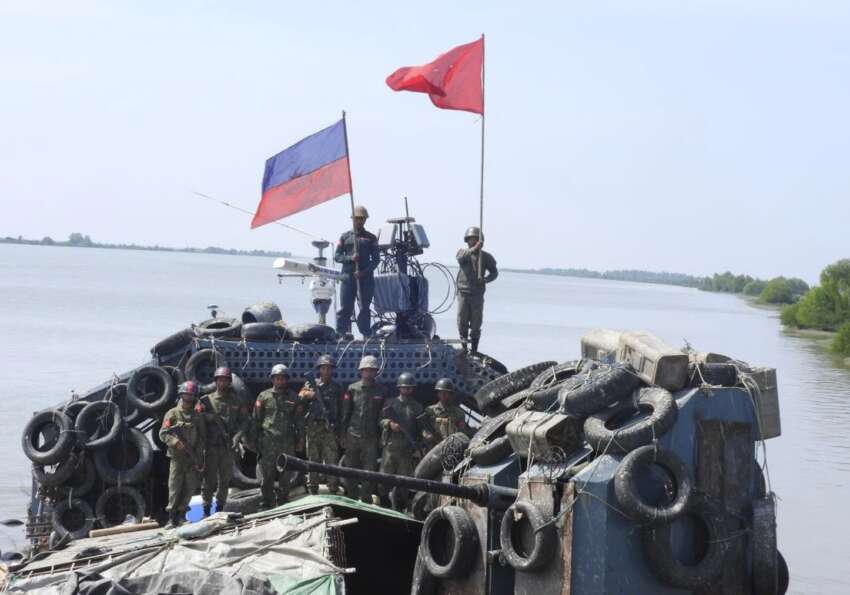
Chinese nationals have begun evacuating from the Kyaukphyu project in Rakhine State as fighting intensifies between the Arakan Army (AA) and military council forces. Since the beginning of this year, clashes between the AA and military council troops have gradually escalated, with evacuations of Chinese nationals from the Kyaukphyu project starting in early June. The initial evacuations primarily involve Chinese nationals in management positions of the project companies. Sources familiar with the Kyaukphyu project have confirmed that while not all Chinese personnel have left, there has been a noticeable movement of senior management staff leaving the area when opportunities arise.
Currently, continuous fighting is occurring near the Danyawaddy Naval Base, the OGT factory compound, and Police Battalion 32 in Kyaukphyu Township. While the military council continues to reinforce its troops and launch military operations, they have suffered significant losses due to AA offensives. A joint security team for the Kyaukphyu Special Economic Zone has been established between the military council and Chinese companies, led by Major General Kyaw Shwe Htun from the military council’s side, with representatives from CITIC Group and Chinese technical experts. The security arrangement primarily has the military council handling ground security while Chinese security personnel focus on technical and cyber security aspects.
The escalating conflicts have raised serious concerns about the project’s security. In Rakhine State, the AA now controls all townships except for Sittwe, Kyaukphyu, and Man Aung, out of the total 17 townships. Security analysts suggest this situation poses an increasing security risk for the Kyaukphyu project. The Chinese security team members primarily handle technical and cybersecurity operations, while the military council forces are responsible for physical security. However, the ongoing battles have significantly elevated concerns about the overall security of the project. The pattern of control established by the AA in most of Rakhine State has led to increased uncertainty about the long-term stability of the region and the safety of the project infrastructure.



